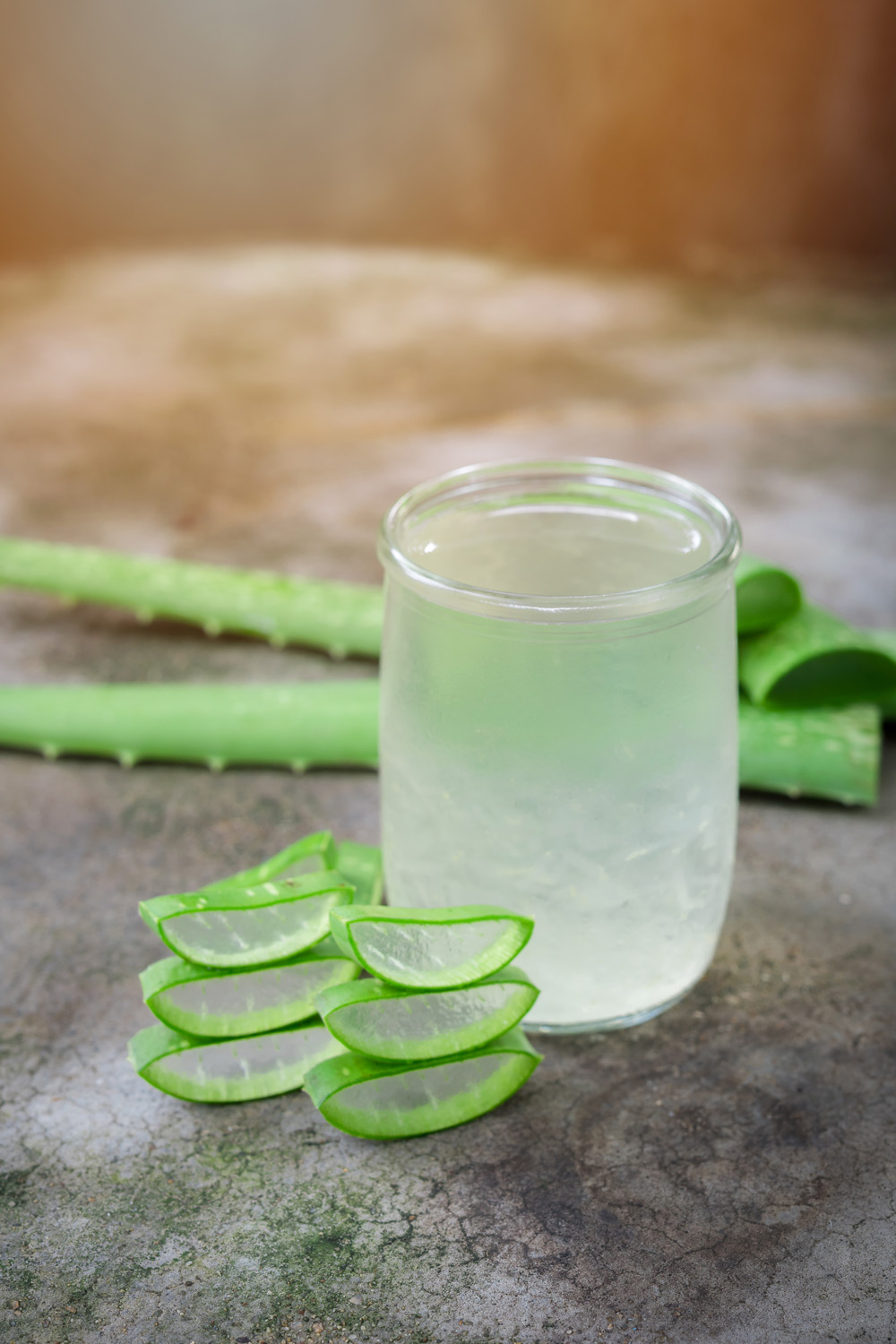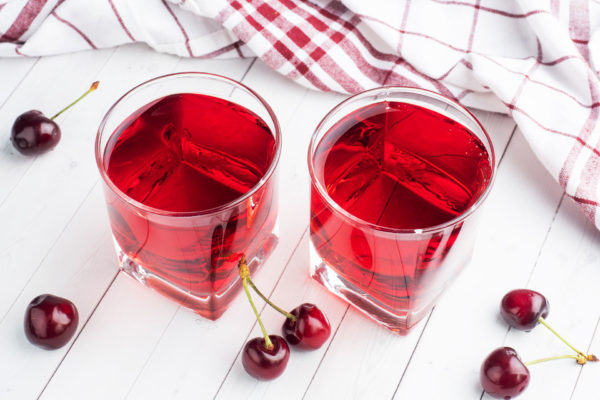
Is Aloe Vera Juice Good For You?
By
12 months ago
We delve into the science surrounding the trending drink
Renowned for its soothing, calming effects, aloe vera has long been used to treat a plethora of skin conditions. But can drinking the plant offer perks too? Aloe vera juice is gaining popularity, with Google Trends reporting a surge in searches, and TikTok awash with videos claiming it can help with everything from acid reflux to reducing the effects of aging. Yet, as is the case with many social media wellness trends, the scientific evidence is limited.
What Is Aloe Vera Juice?
Aloe vera is a cactus-like plant that grows in hot, dry climates such as Arizona, California and New Mexico. It has been cultivated for use for medicinal and cosmetic properties for thousands of years: the ancient Egyptians called it ‘the plant of immortality’, while Greek medical books recommended it for everything from treating wounds to hair loss.
The plant is best known for its healing properties – it often pops up in creams for sunburn, as well as skin conditions such as acne and psoriasis. But recently there has been growing interest surrounding whether it could benefit our bodies on the inside too.

Unsplash
Aloe vera juice is becoming increasingly common in health shops, usually appearing either in its pure form, or made with extracts alongside other ingredients. According to Holland & Barrett, the juice is produced in one of two ways: whole leaf processing and inner leaf processing. The former sees the aloe vera leaf ‘ground up and filtered using activated carbon to remove the latex compounds called aloin’ – as in large quantities, aloe vera latex can have harsh laxative effects. Inner leaf processing, meanwhile, involves the rind and latex being stripped away before the gel is processed into a liquid.
While raw, unsweetened aloe vera gel typically has a bitter taste, juices usually add favourings like cranberry or chamomile to add a bit of sweetness.
Potential Health Benefits
High In Vitamins
Aloe vera may be 98.5 percent water, but it’s also packed with vitamins and minerals. The plant is high in vitamin A, which supports vision and skin health, as well as vitamin C, which helps keep the immune system healthy. It’s also rich in vitamin B12, which is essential for DNA synthesis and nerve function, plus important minerals including magnesium, potassium and selenium.
May Help With Digestive Issues
There’s some evidence to suggest aloe vera can support digestion, such as this research from 2014 – likely a result of the anti-inflammatory compounds. A handful of studies have also explored whether aloe vera juice could serve as a potential remedy for IBS: in 2018, for instance, scientists deemed the drink a safe and effective short-term treatment for the condition. However, most experts agree more research is needed in this specific area.
May Help Control Blood Sugar
In recent years, researchers have begun looking into aloe vera’s potential to help lower their blood sugar levels – and even support people with diabetes. A review of the research in 2016 found ‘some potential benefit’ of aloe vera in helping improve blood sugar control in people with prediabetes and type 2 diabetes. However, this study looked at supplements rather than juice, and the researchers involved noted that establishing the effects of juice specifically will require larger studies.
Is Aloe Vera Juice Safe?
Aloe vera juice is generally considered safe to drink, provided it has been decolourised and purified – all varieties sold in the UK will be free from the harmful ingredient, aloe latex. However, while the skin healing properties of aloe vera are backed by a wealth of evidence, the research into the potential benefits of aloe vera juice is inconclusive. And while the drink contains many vitamins, the majority of these can be easily consumed by following a balanced diet.





















